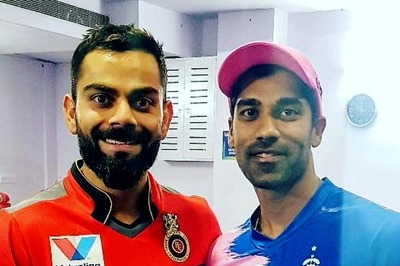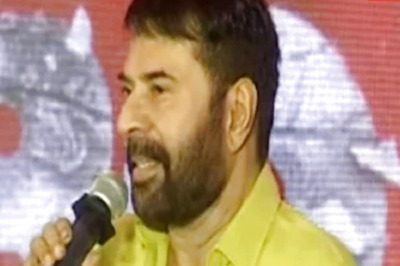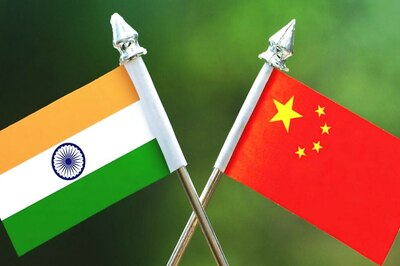
views
Mumbai: They are the refugees of modern India-- fleeing not a war or insurgency, but farmlands growing barren from years of drought.
Thousand of farmers from drought-hit areas like Latur and Beed have been fleeing to nearby cities in Maharashtra. They are fleeing their villages as they do not have water to drink, and as their lands have grown parched, they have no livelihood.
In Ghatkopar area of Mumbai, a dumping ground has become a refugee camp for hundreds of drought-hit farmers from Latur and Nanded. Away from their dry agricultural lands, they have been migrating to cities and living in deplorable conditions for months, in search of water and work.
"We have to travel 3-4 kms to fetch water. There was no water for our cattle," said Anita Pawar, who fled from Latur.
Anita came to Mumbai two months ago. After nearly two years of zero harvest from the farmlands at Latur, her husband and three daughters decided moving out was the only option. Like the fields, the family's savings had dried up too. Though they still hope to return home.
Nearly 400 people, most of them migrants from Latur, now live in the dumping ground at Ghatkopar. They are in the city to make enough money, and maybe go back home once a year. Most of the women work as household helps in the adjoining middle-class neighbourhood.
There's no certainty on a safe spot to spend the night. Living conditions are shockingly filthy. But at least there is water and food here. And work that'll fetch them Rs 700 to Rs 1000 a month. And that offers hope enough to them.
"It's a bit better here. We do not get enough work here. Our husbands also work," said Havbhai.
The Latur refugees in Ghatkopar, who insist they are a floating population, represent an expanding segment of population moving out of their homes in the villages towards urban centres. They've come up around Mumbai, Naigaon, Thane and other cities.
An income, regular food, may be an education for their children takes priority over a dwelling, may be farmland that's been barren for three summers now. Or emotional attachments back home.
"They face the odd scuffle for basic needs -- extortion from the local cop to stay on this land. They seek official recognition as refugees.
"Ïf they make some arrangement for us to live her it would be nice. The government should do something. The BMC tries to drive us away," said Anita.
The families are seasonal refugees. Every time the monsoon fails, they sell their cattle, leave the old and cripple in villages, and travel in overcrowded trains, hoping the city will help them survive. It often does, but with little dignity.




















Comments
0 comment